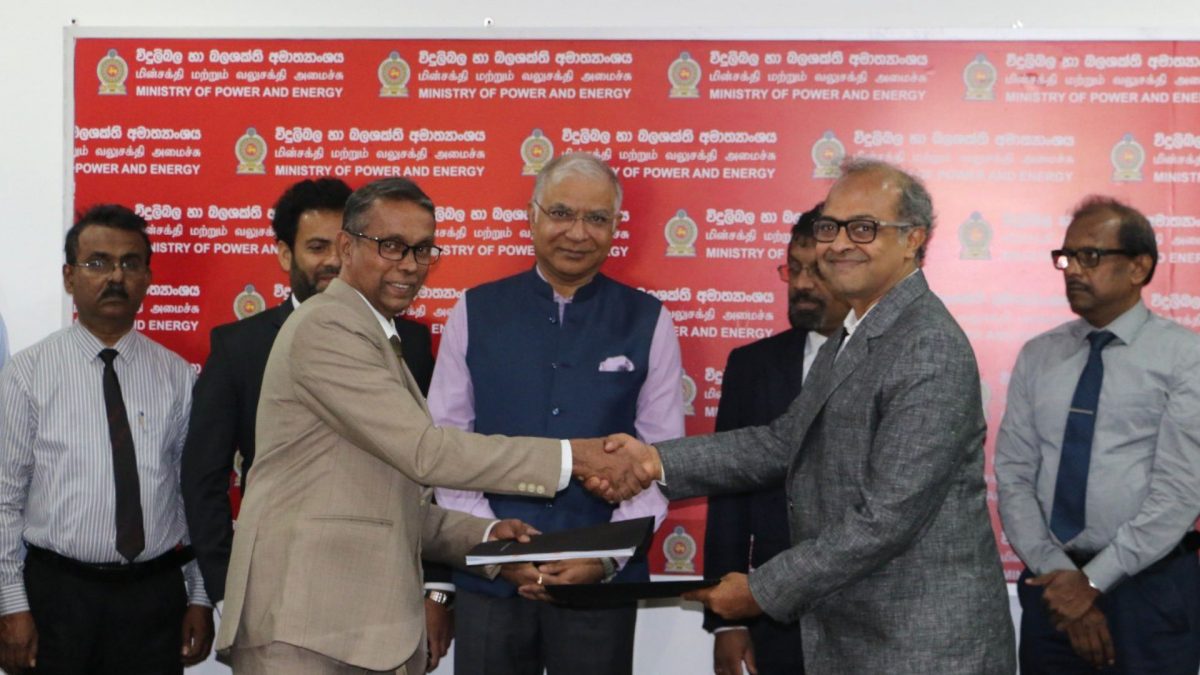Even as the anxiety over the perils of an impending Free Trade Agreement (FTA) with the European Union (EU) continues to trouble swadeshi businesses, the trade and business lobbies in America have asked President Barack Obama to put pressure on India to make it easy for them to access the Indian market.
They want the US government to ask India to fall in line at the highest level and also join hands with the EU and other “likeminded economies”. If nothing works, they want the US to use “trade tools and diplomatic engagement,” which in simple terms means restrictions, possible embargoes and exploitation of strategic bilateral platforms.
In a letter addressed to Obama, 17 heads of business and industry associations, covering almost all strategic sectors, have told Obama that the Government of India is “discriminating against a wide range of US exports jeopardising domestic jobs, and putting at risk a growing bilateral trading relationship worth more than US$ 60 billion last year.”
They said the US should push for “fair trade” with India, which meant more access to Indian markets.
How fair is that?
Interestingly, the Americans’ grouse is that the Indian government and courts are showing a “persistent pattern” of discrimination to favour the Indian business community at the cost of American jobs. The examples they point out are the insistence by the government that only 100 percent domestic companies qualify for certain information technology and clean energy equipment contracts, and recent patent-decisions against a few MNC drug companies.
“Administrative and court rulings have repeatedly ignored internationally recognised rights - imposing arbitrary marketing restrictions on medical devices and denying, breaking or revoking patents for nearly a dozen lifesaving medications,” they said.
The industry leaders expressed the apprehension that this “disturbing trend” might continue and expand to other products, sectors and countries. They said it questioned India’s compliance with international obligations to protect ideas, brands, and inventions, and failed to protect imported goods no less favourably than domestic products.
This is a growing sign of bilateralism between rich and poor countries, which nullify the benefits of multilateral agreements that the world is party to, such as the WTO framework. Instead of following the agreements and treaties that a large number of countries have signed on to, the EU and countries such as the US, want bilateral agreements intended to arm-twist countries such as India.
As noted by UNCTAD, “the gains for developing countries from improved market access through FTAs are not guaranteed, and may be short-lived, but the loss of policy space is certain.”
The reference to the clean energy sector by the American establishment in their letter to Obama is interesting. It clearly betrays the Americans’ eagerness to get into government procurement, which is the lifeline of many small and medium Indian companies, both in the public and private sector.
Clean energy is a big pie under the National Solar Mission which seeks to encourage domestic production. At present, a lot of clean energy equipment, including solar panels are imported and the focus on indigenisation is one of the few policies of the government of India that make economic sense.
The other grouse that the letter refers to is about “breaking, denying and revoking” patents.
What the Americans choose to overlook that all the decisions that Indian courts and patent establishment took recently in denying or breaking patents were perfectly within its rights under TRIPS. They are blatantly violating international agreements or purely lying, when they accuse India of using the TRIPS flexibilities. Americans have spoken the same language against other countries such as Brazil and Thailand, but failed.
Additionally, a technology fund under national manufacturing policy also provides for compulsory licensing (breaking patents) if it is unable to buy a particular technology for the domestic industry. This also is bad news for the Americans
What is striking is the ambivalence of the Indian trade and business bodies such as FICCI and CII. If these organisations are to protect Indian interests, the response to the American pressure should come from them; but with MNC representatives also making to key positions within these organisations, will they speak up?
If America uses pressure through the strategic bilateral forums such as the India-US CEO Forum, the India-US high tech dialogue and the India-US strategic dialogue, will the Ficci, CII and the government take a stand?
How about counter political pressure?
In the current political chaos, with opposition seemingly in a disarray and the UPA government completely in a policy paralysis, the US pressure is unlikely to be met with any political response.
What happened to the swadeshi movement of the RSS and their fronts in the BJP?
Where does Narendra Modi stand?
Read the letter by US corporates below:
Letter to Obama from US industries

)




)
)
)
)
)
)
)
)